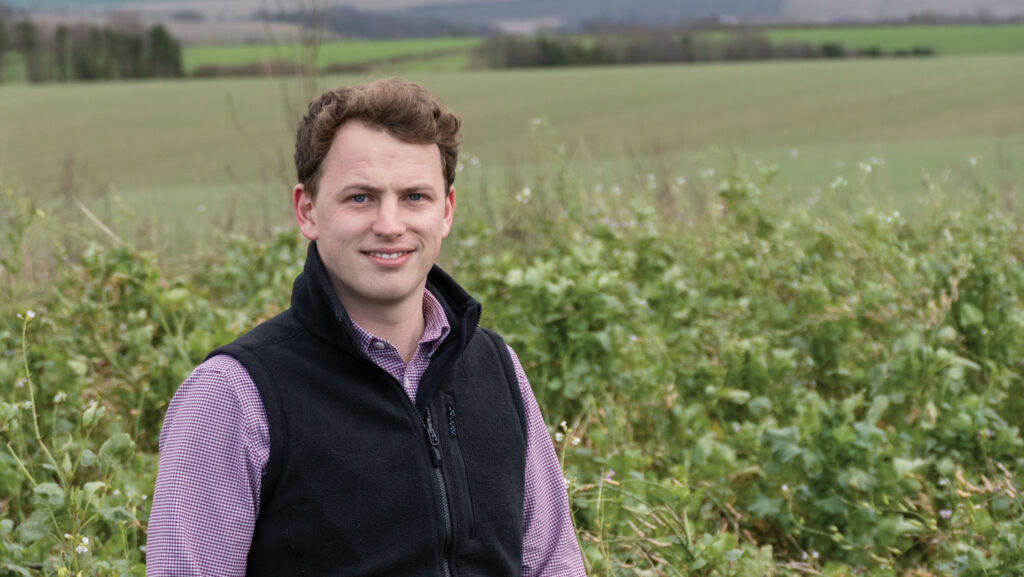How Transition farmer is using data to satisfy SFI options
 © Adobe Stock
© Adobe Stock JM Stratton & Co at East Farm in Codford, Wiltshire is going “all in” with the Sustainable Farming Incentive (SFI), but while the family-run business is capitalising on some of the options, its farming system rules it out of others.
The business has embraced companion cropping and the variable-rate actions, but Defra’s decision to fix no-till standards to a specific land parcel for three years, instead of making it rotational, makes the option unfeasible, says business development manager Ed Shuldham.
See more: SFI 2024 update – all you need to know
Oats are grown for an oat drink manufacturer and, as these need to be gluten-free, the crop must be preceded by a stale seed-bed.
Also, Ed says cultivation is needed before drilling winter malting barley to prevent wheat volunteers, and that there is always good rape establishment if the field is cultivated first.
Farm facts
- Farm size1,800ha
- Annual rainfall 900mm
- Soil type Light to medium chalk with clay cap patches
Transition goals
- Help shape SFI through participation in pilot
- Make more use of data
- Take natural capital opportunities

Ed Shuldham © Kathy Horniblow
“In our seven-year rotation we have three years when we are cultivating, so it means we can’t enter anything into the no-till option,” he explains.
The business has helped shape the SFI as it has been involved in all the pilots and has applied to be part of the next, he adds.
“We were disappointed with the scheme initially as things that seemed to work well on the pilot farms weren’t introduced, but each year has brought new iterations with different options so the reasons have become clearer.”
It is growing oats with beans as a companion crop under SFI, while also gathering data as a Hutchinsons Helix demonstration site.
Ed admits that historically the farm hasn’t made good use of data, which was a catalyst to the decision to host field-scale trials on 160ha.
It is trialling novel ideas like bi-cropping while benefiting from data collection.
“We are using the expertise at Hutchinsons and allied company Farmacy to analyse some of that data to work out how we can do things better, like optimising nutrients, satisfying SFI standards without negative consequences while hopefully producing some beneficial ones,” says Ed.
The farm is making the most of natural capital opportunities too.
Managing partner Josh Stratton is a founder member of the Environmental Farmers Group, a natural capital trading co-operative formed to deliver scale for facilitating natural capital opportunities.
In every agreement secured, the farmer whose land the action applies to receives the majority of the payment, but other members get a share too.
“It might be that some farmers aren’t in the right location for nutrient neutrality or biodiversity net gain, but this model allows everyone to get involved,” says Ed.
